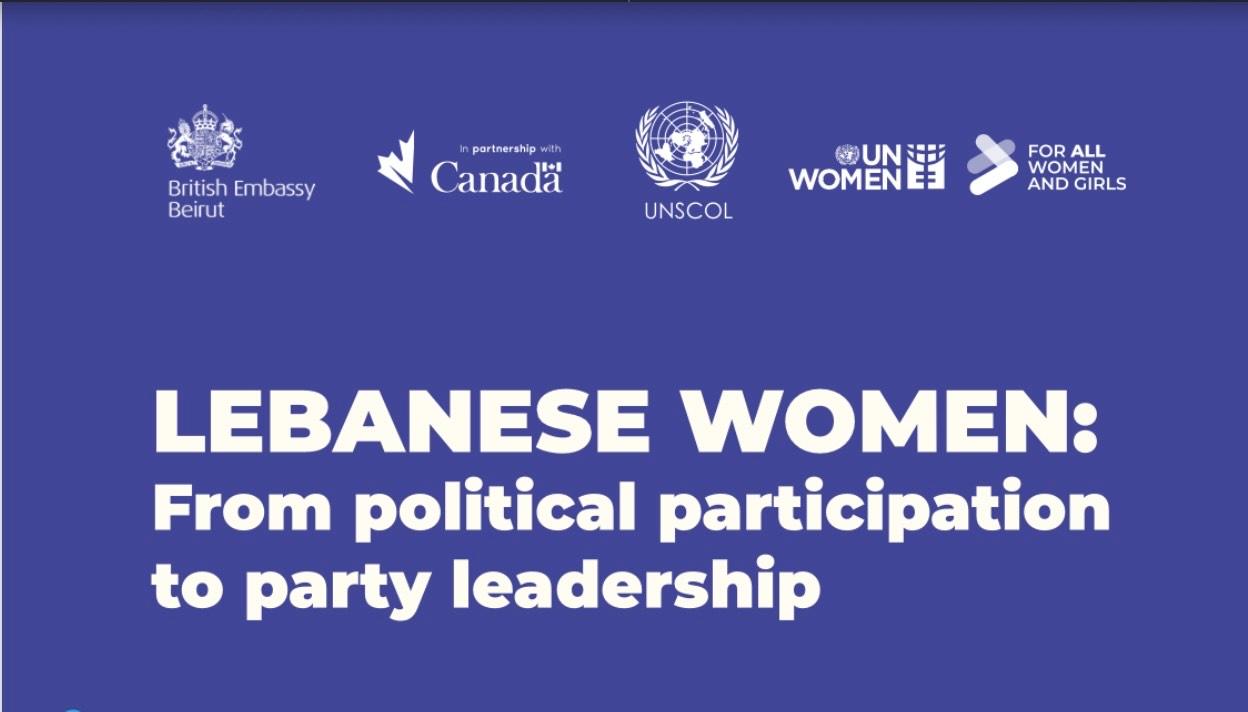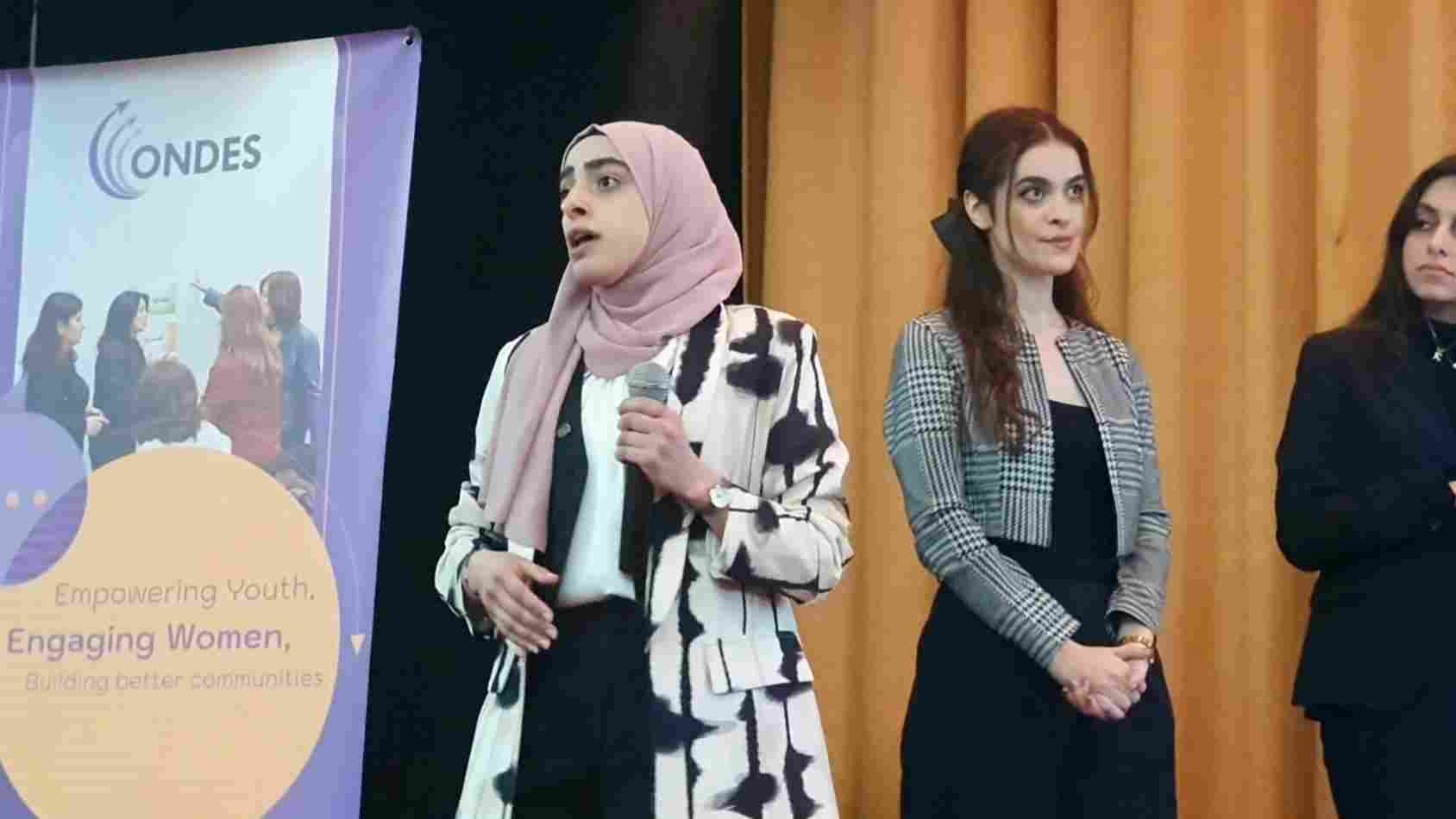
LEBANON (Enmaeya News) - October 7, 2025
A new study released in October 2025 by UN Women and the United Nations Special Coordinator for Lebanon (UNSCOL) offers a detailed look into the role of women in Lebanese political parties.
The report examines women’s participation across eight major political parties, highlighting their involvement as members, candidates, and leaders.
Women’s Party Membership
Women now make up around 35% of political party memberships on average. This figure varies widely among parties, with some having only 15% female membership and others nearly 60%.
This growing presence indicates an increasing interest among Lebanese women in engaging with political movements.
It also demonstrates that Lebanese political parties have recognized the potential of women as valuable contributors in the political landscape.
Leadership Positions
Despite higher membership numbers, women's representation in leadership roles within parties remains low.
Less than 20% of senior positions are held by women, and only about 5% of the highest-ranking executive roles are occupied by women.
The report also explains that comparing the number of female party members with their level of engagement in leadership roles demonstrates gender bias, particularly in traditional parties.
This highlights the difficulty women face in climbing ranks within parties and participating in making key decisions.
Participation of Young Women
Young women, aged between 18 and 31 years, make up around 43% of youth members of political parties.
The report states that young women partake in presenting their parties at events, youth wings in Lebanon and abroad, and civil society movements.
Female Candidates and Election Results
The number of women running for parliamentary seats has increased slightly, from 12.1% in 2018 to 15.7% in the 2022 elections.
However, the increase in candidacy didn’t result in election victories. Only five women from electoral lists won seats in the 2022 parliamentary elections.
Barriers to Women’s Political Participation
The report also identifies several issues that influence women’s political progress in Lebanon. One major problem is that candidate selection is often controlled by a small, male-dominated group of decision-makers.
Additionally, although some parties have gender quotas, these are weakly enforced. Women also face limited access to campaign funding and media platforms, making it harder for them to compete.
Finally, the lack of family-friendly policies within political parties makes balancing political work with caregiving responsibilities especially challenging for women.
Recommendations for Change
To create a more balanced political landscape, the study recommends implementing special measures, such as mandatory gender quotas.
Additionally, political parties are encouraged to develop and enforce strict anti-harassment policies to ensure a safe environment for female members.
Moreover, introducing childcare services and flexible working options can help women manage their political roles and their family duties, effectively limiting the number of women who drop out of the political life after marriage.
The 2026 Parliamentary Elections
While Lebanese women have made improvements in political participation, significant gaps remain in leadership representation.
As Lebanon prepares for its 2026 parliamentary elections, adopting these recommendations could be crucial for building a political system that reflects the country’s diversity.
Greater inclusion of women in leadership roles would not only promote gender equality but also strengthen democracy in Lebanon.







